The Barna Group found in a recent survey that in this election year, when most Americans think about evangelicals their political persuasion is the first thing that comes to mind.
There are a few choice adjectives adults in the United States primarily use to describe the evangelical community in general … and they’re all political in nature, notes Barna.
“The most commonly selected terms relate to the group’s conservatism – primarily as ‘religiously conservative’ (37% of all U.S. adults select this term) and ‘politically conservative’ (27%),” Barna revealed from its recent poll. “Other common descriptors are a mix of favorable perceptions (23% ‘caring,’ 22% ‘friendly,’ 22% ‘hopeful,’ 20% ‘encouraging’), along with unfavorable opinions (21% ‘narrow-minded,’ 17% ‘homophobic,’ 10% ‘misogynistic,’ 10% ‘racist’).”
Evangelicals think much more positively about themselves than others do.
“They describe their fellow evangelicals with positive traits at significantly higher rates than the general population (61% ‘caring,’ 57% ‘hopeful,’ 57% ‘friendly,’ 52% ‘generous’), while rarely using negative descriptions (5% ‘narrow-minded,’ 2% ‘uptight,’ 1% ‘homophobic,’ 1% ‘misogynistic’), [and] they are also twice as likely as the general population to believe evangelicals are ‘misunderstood’ (19% vs. 10%),” Barna researchers recounted.
The more secular Americans’ beliefs are, according to the study, the more negatively they view evangelicals.
“Non-Christians are predisposed to hold negative ideas about evangelicals, favoring adjectives like ‘narrow-minded’ (34%), ‘homophobic’ (30%), ‘misogynistic’ (21%), ‘racist’ (17%) and ‘uptight’ (20%),” the report indicated.
Those identifying as “mostly conservative” and “mostly liberal” differ greatly when choosing adjectives describing evangelicals.
“Some of the most striking differences surface around whether terms like ‘misogynistic’ (1% conservative vs. 26% liberal), ‘racist’ (2% vs. 25%), ‘homophobic’ (4% vs. 41%), ‘narrow-minded’ (8% vs. 48%), ‘caring’ (35% vs. 13%) and ‘hopeful’ (36% vs. 12%) might apply to evangelicals,” the statistics showed.
The average American has a neutral take on evangelicals.
“The plurality of U.S. adults (46%) expresses a ‘neutral’ opinion, [whereas] three in 10 (30%) have a very or somewhat positive impression of the faith group, while one in four (25%) holds a very or somewhat negative opinion,” the results divulged. “A plurality of practicing Christians (36%) and evangelicals (45%) says their overall perception is very positive, while nearly half of non-Christians (47%) has some level of negative feeling toward the group.”
More findings about evangelicals …
Another poll revealed that evangelical Protestantism is the largest religious following in the U.S., but slowly declining.
“About a quarter (25.4%) of U.S. adults identify with evangelical Protestantism,” Pew Research Center announced in a report last year, followed by unaffiliated (22.8%), Catholic (20.8%), mainline Protestant (14.7%) and non-Christian faiths (5.9%). “The evangelical Protestant share of the population has dipped slightly (from 26.3% in 2007 to 25.4% in 2014), but more slowly than the mainline Protestant and Catholic populations.”
Even though most evangelicals are white, minorities are becoming a larger percentage of the group.
“Three-quarters (76%) of evangelical Protestants in the U.S. are white, but the share of evangelicals who are not white are growing,” Pew pointed out. “In 2014, 11% of adults who identify with evangelical denominations are Hispanic, 6% are black, 2% are Asian, and 5% identify with another race or as mixed race.”
Evangelicals also typically have less formal education than the average American.
“Roughly one-in-five evangelical Protestants (21%) are college graduates, while 35% have some college education (but not a four-year degree), and 43% have a high school education or less,” Pew added. “Among those in the overall public, 27% are college graduates, 32% have some college experience, and 41% have a high school diploma or less education.”
Regionally, most evangelicals live in the South, with the least living around New England.
“Half (49%) of evangelical Protestant adults reside in the South, which is home to 37% of the overall U.S. adult population,” Pew noted. “Nearly one-quarter of evangelicals (22%) live in the Midwest (as do 21% of all U.S. adults), and 20% live in the West (along with 23% of Americans). Just 9% of evangelicals live in the Northeast, which is home to 18% of all U.S. adults.”
A Gallup Poll last year showed that over the past 27 years, the percentage of evangelicals in the U.S. has remained stagnant at around 41%.
It also revealed a larger percentage of blacks and Hispanics consider themselves evangelicals than whites, yet whites vote predominantly Republican and blacks Democratic – regardless of their religious affiliation.
“The born-again/evangelical population in this country is highest among blacks, who are overall the most religious racial and ethnic group in the U.S., [as] 61% of blacks in recent years have identified themselves as born-again or evangelical,” Gallup noted. “By contrast, 38% of non-Hispanic whites and 44% of Hispanics say ‘yes’ to this born-again/evangelical measure.”
—-
Copyright American Family News. Reprinted with permission.



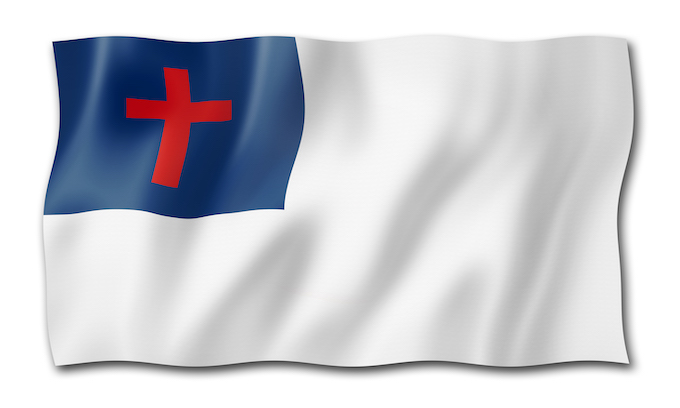
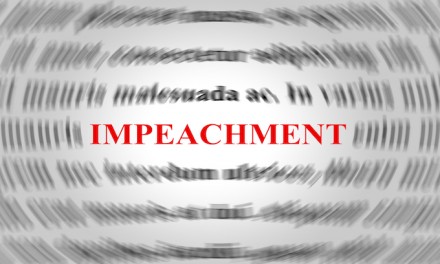
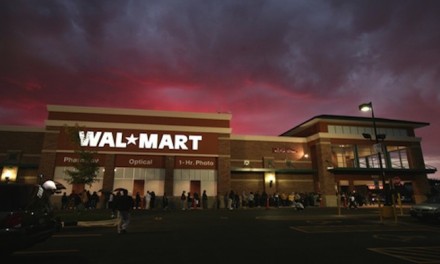
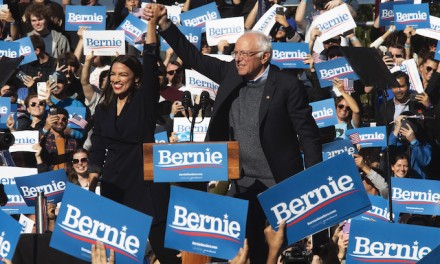







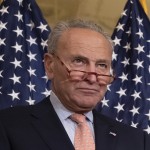




Recent Comments